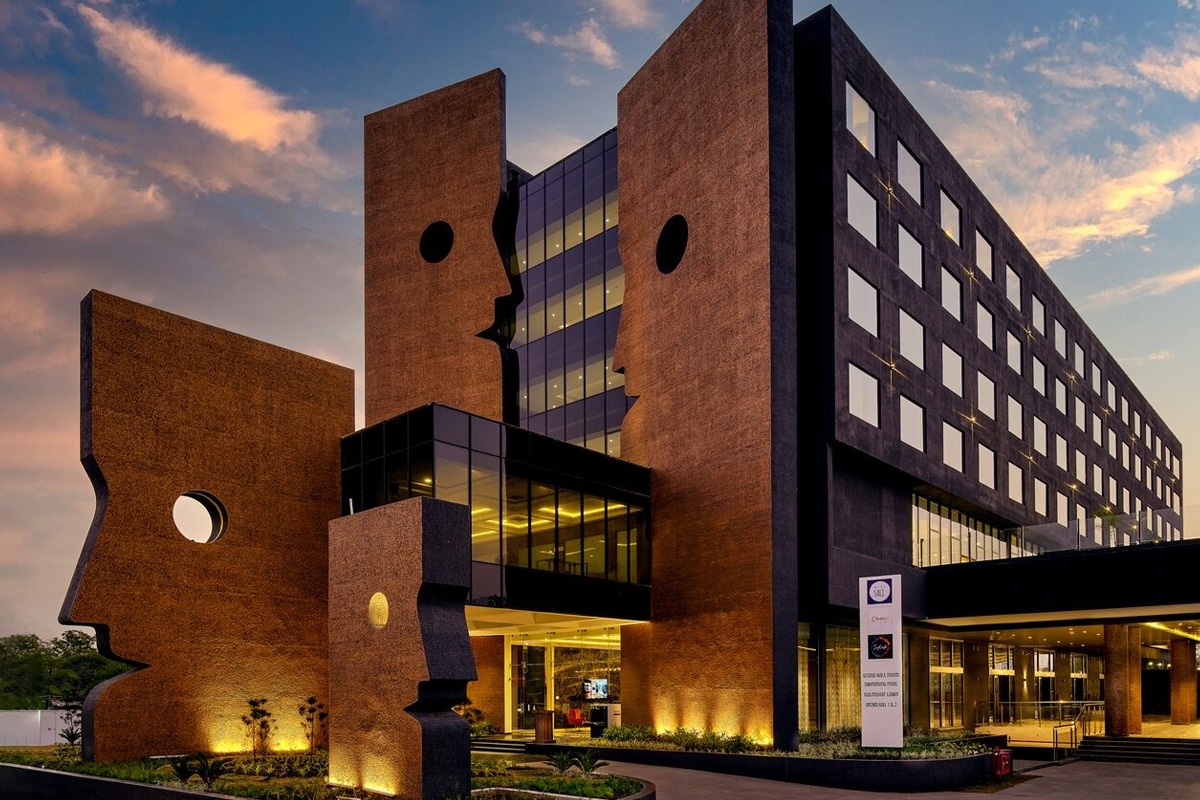
India’s GDP is expected to grow at 6-6.8 per cent in FY23.

After two years of hardships caused by waves of Covid-19 infections, the hotel industry is again thriving in India with occupancy returning to pre-pandemic, according to the Economic Survey 2023.
Tabled in the Rajya Sabha a day before the presentation of the Union Budget, the survey said that the industry has registered improvements across metrics like occupancy rate, Average Room Rate (ARR) and Revenue Per Available Room (RevPAR) – all very close to what they were before Covid hit India in 2020.
“Presently, the hotel industry is thriving with improvements in occupancy rate, an increase in ARR and a rise in RevPAR. The occupancy rate in November 2022 stood at around 68-70 per cent, completely recovering the average pre-pandemic level of 2019-20,” the Economic Survey observed.
It noted that India’s tourism sector is showing signs of revival with the removal of Covid-induced restrictions and high levels of vaccination against the disease, and is ranked 10th out of the top 64 countries in the world in the Medical Tourism Index FY21.
The survey said that effective Covid management ensured speedy imposition as well as the lifting of restrictions on mobility, which also helped revive travel demand.
It said that medical tourism is also on the rise due to government programmes like the Ayus visa for medical tourists, and unveiling of the National Strategy for Sustainable Tourism and Responsible Traveller Campaign, the launch of the Swadeshi Darshan 2.0 scheme and Heal in India.
The survey has pegged India’s GDP (gross domestic product) growth at 6-6.8 per cent for the financial year 2023-24, a slight decline of 0.2-1 per cent over the last fiscal.
“The optimistic growth forecasts stem from a number of positives like the rebound of private consumption giving a boost to production activity, higher Capital Expenditure (Capex), near-universal vaccination coverage and as well as the return of migrant workers to cities to work in construction sites leading to a significant decline in housing market inventory, it said.
Noting that high vaccination rate enabled people to spend on contact-based services like restaurants, hotels, shopping malls, and cinemas, the survey said that the strengthening of the balance sheets of the corporates and readiness of well-capitalised public sector banks to increase the credit supply and the credit growth to the MSMEs.